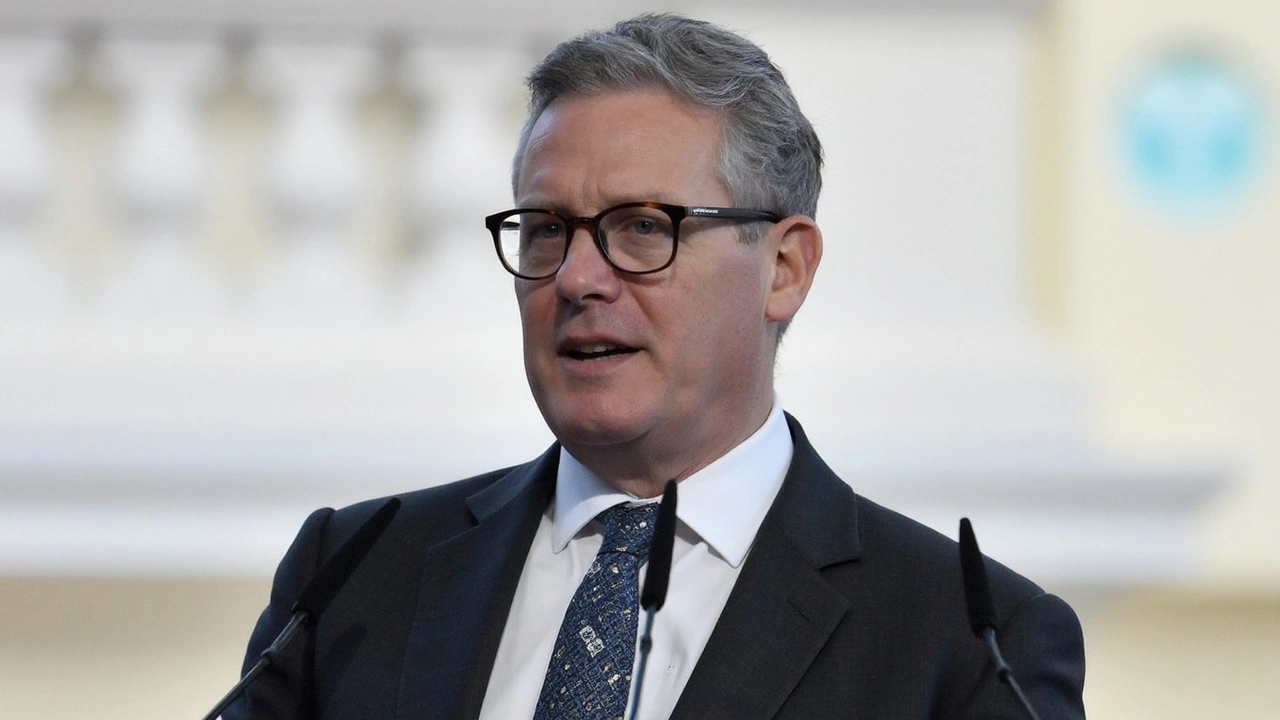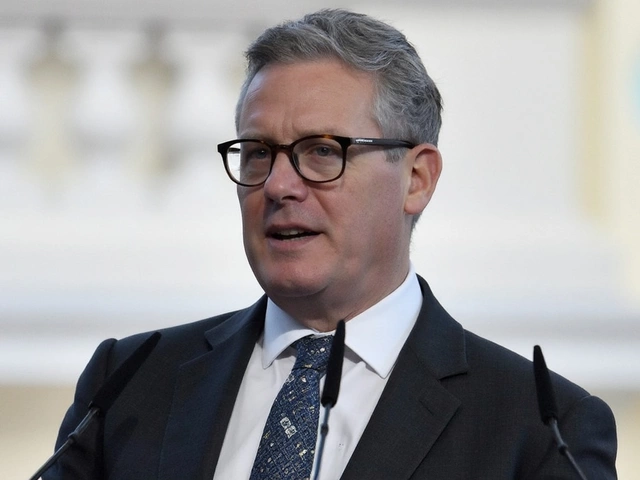UK Rolls Out Stricter Visa Rules Amid Soaring Migration
Britain's approach to immigration is about to get a serious shakeup. The government signaled it's not happy with the direction things have gone since borders tightened after Brexit. Migration hit almost one million in the year ending June 2023—an eye-popping jump that has sparked political headaches and plenty of vocal debate. With fresh visa changes on the table, ministers hope to show they’re taking back control, and the focus is squarely on reducing those numbers, especially when it comes to foreign workers.
So what's on the cards? Let’s break it down. The new White Paper, aptly named Restoring Control over the Immigration System, lays out a plan that looks to both encourage real high skills and weed out abuse or easy loopholes. The government says visa routes for so-called 'skilled workers' have not aligned closely enough with actual skill needs and training at home. Now, that’s set to change, with a sharp increase in the minimum skill level required to qualify for a Skilled Worker visa. Jobs will have to be more specialized, and it’ll be tougher to qualify unless the work is truly in demand.

Cracking Down and Opening Doors (But Only for the Best)
It's not just about making things harder. While the new UK immigration rules are clearly designed to slow the flow, there's a twist: if you’re a top-tier researcher, scientist, or innovator, Britain still wants you. That’s why programs like the Global Talent visa and the High Potential Individual scheme are expanding, opening doors for fields and industries where innovation really counts. But even here, expect new reviews aimed at making sure the impact is real and not just ticking boxes—especially with the Innovator Founder visa, which will be scrutinized for its contributions to the UK economy.
Sponsors—those universities or companies who bring in migrant workers and international students—aren’t off the hook either. If they’re found bending the rules or failing to keep tabs on the people they sponsor, there’ll be penalties. The government has seen too many cases where companies or schools 'look the other way,' and now it’s threatening financial sanctions if migrants abuse visa terms or if sponsoring organizations don't do their homework.
The asylum system is under the microscope, too. People claiming protection in the UK from countries where dangerous conditions haven’t changed may find it much tougher to succeed. There will also be financial consequences for countries that refuse to take back their citizens after deportation orders—a move designed to stop endless legal wrangling and gaps in the repatriation system.
And for anyone dreaming of permanent settlement, the mountain just got steeper. The period a migrant has to wait before applying for settlement (which can eventually lead to citizenship) is being extended. While specifics are still pending, it’s clear the government wants longer, tighter checks before granting this status.
For now, the changes are all policy—none are actually in force yet. But when this new system kicks in, anyone hoping to come to the UK under these routes will face a landscape very different from the one that saw migration numbers quadruple in just a few years. It's a direct response to calls for a more controlled, skills-focused system that ties in closely with homegrown talent and less with what policymakers now call a 'failed free-market experiment.'








Write a comment